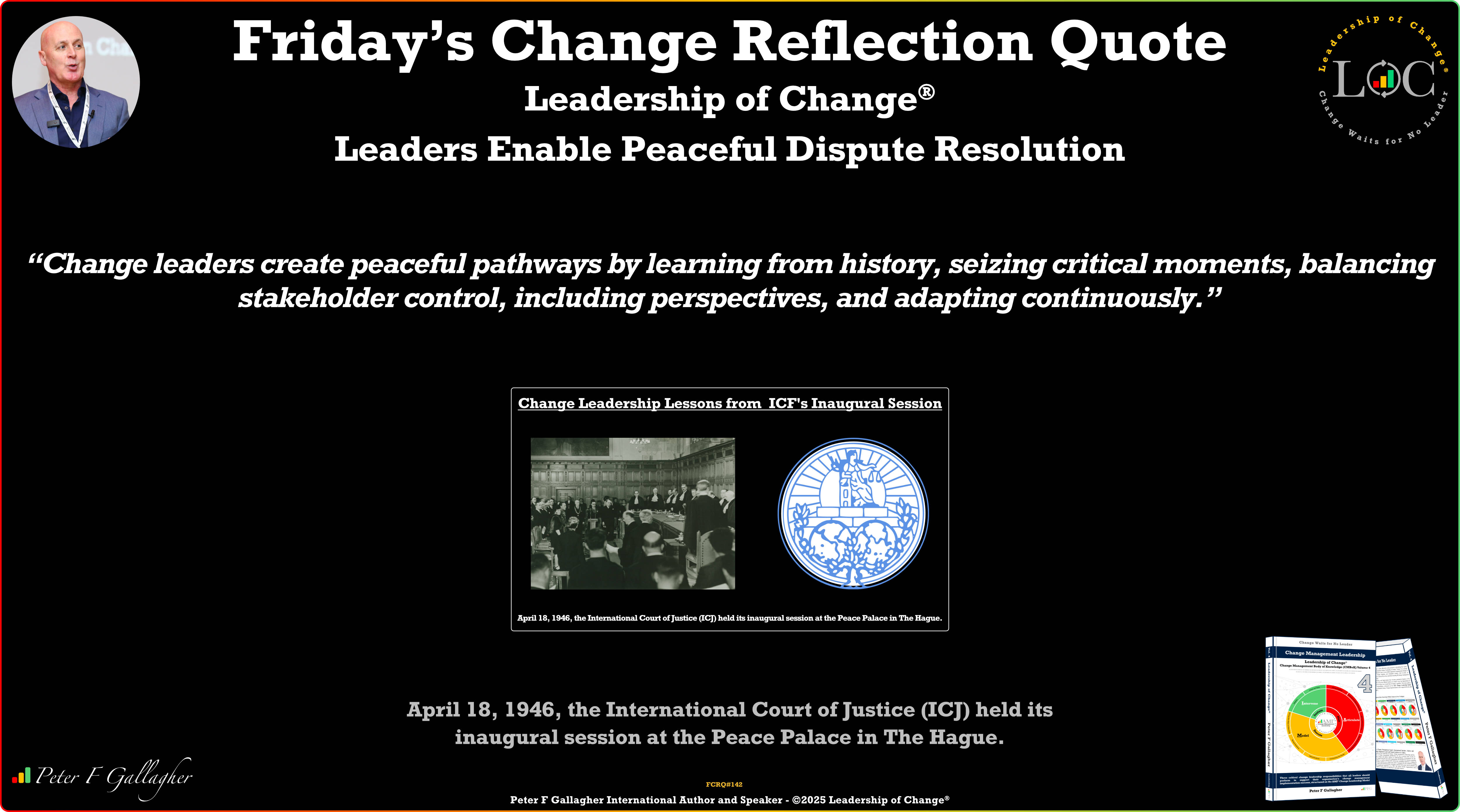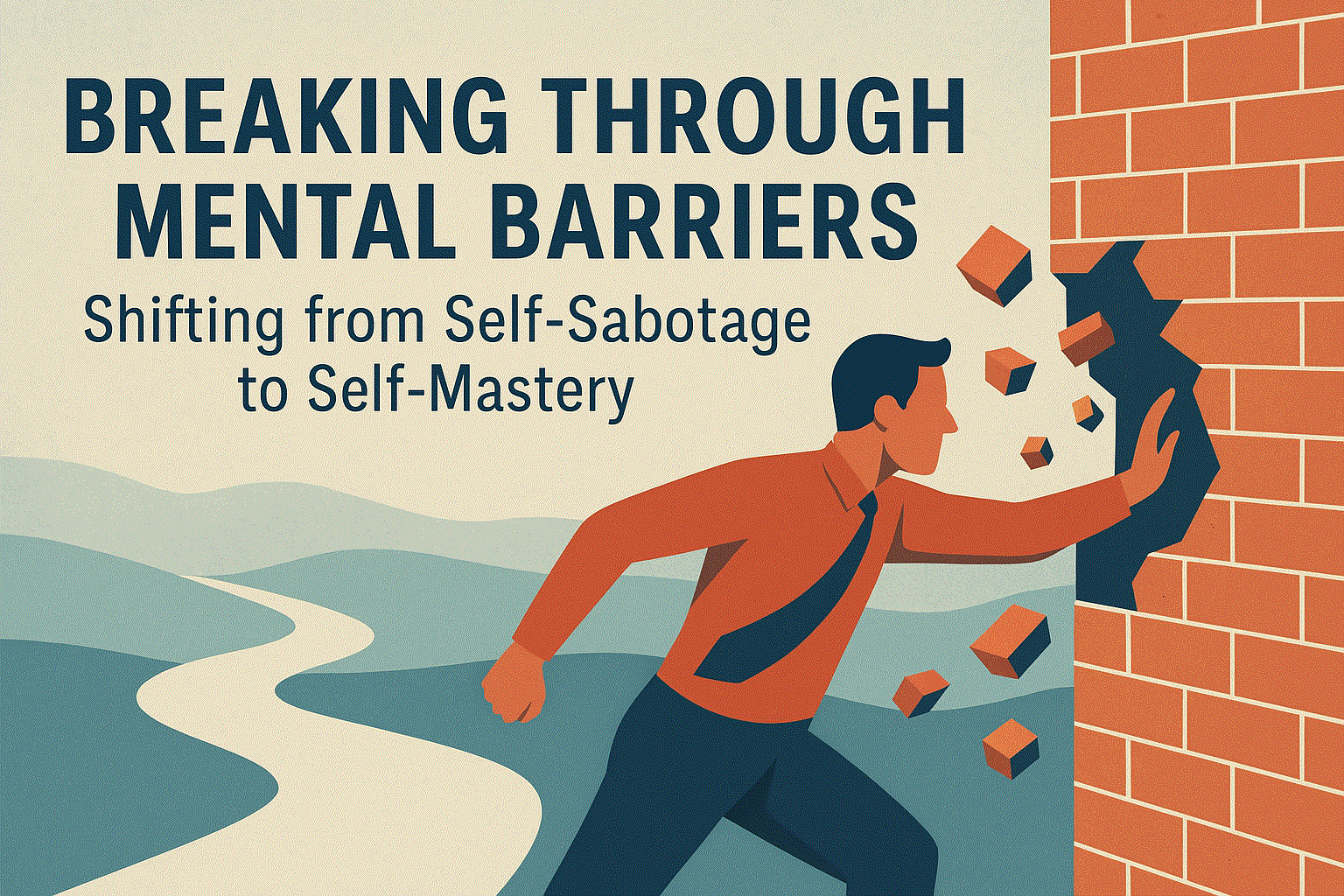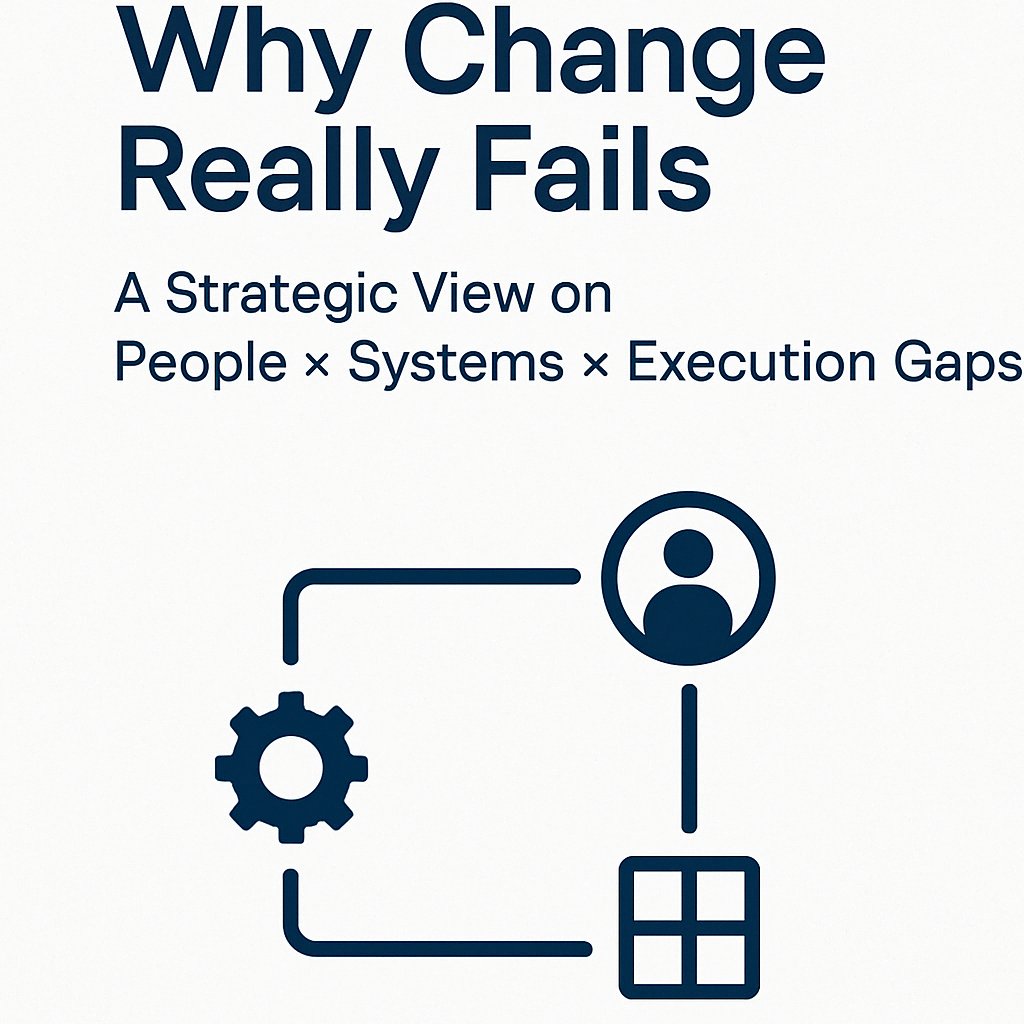Mar14

Let me tell you a story. A few years ago, I sat in a conference room with a product owner who insisted our hotel booking system should work “just like Expedia.” The problem? Expedia’s model didn’t fit our users, budget, or tech stack. My job wasn’t to code—it was to translate vague aspirations into actionable steps, ask the questions no one else considered, and go through the messy gap between “what we want” and “what’s possible.” That, in a nutshell, is why AI won’t replace developers anytime soon.
Sure, tools like ChatGPT can generate code from a prompt. But here’s the catch: AI can’t decode human ambiguity. Writing a flawless specification—the kind that could theoretically automate programming—isn’t just about clarity. It’s about anticipating the unspoken, reconciling conflicting stakeholder visions, and adapting to shifting priorities. And as any developer knows, business requirements evolve faster than a startup’s free snack budget.
Imagine asking AI to “build a login feature.” Sounds simple, right? But what about edge cases? Forgotten passwords? Two-factor authentication for legacy systems? GDPR compliance? AI might spit out functional code, but without a human to ask, “What happens when X breaks?” or “How does this align with our long-term security roadmap?” you’re left with a ticking time bomb.
Our value isn’t in typing syntax—it’s in bridging two worlds. On one side: humans speaking English (or marketing jargon, or stakeholder wishlists). On the other: machines that demand precision. Code is just the byproduct of that translation.
Take my Expedia-inspired project. The real work wasn’t coding a calendar widget or payment gateway. It was:
AI can’t do that. It can’t read a room, negotiate trade-offs, or invent creative solutions when the “ideal” path hits a wall.
AI isn’t the enemy—it’s the ultimate intern. Let it handle boilerplate code or debug routine errors. But the future belongs to developers who double as:
Architects of Vision
Systems don’t design themselves. Someone needs to ask, “Will this scale in 3 years?” or “Does this align with our company’s unspoken tech philosophy?”
Ambiguity Tamers
Stakeholders rarely know what they want until they see what they don’t want. Developers who can prototype, iterate, and educate—translating “make it pop” into actionable UI changes—will thrive.
Collaboration Sherpas
The hardest part of software isn’t the code—it’s aligning sales, engineering, and leadership. Developers who communicate like diplomats and think like strategists will always be in demand.
Here’s the irony: The biggest threat isn’t AI stealing jobs. It’s the industry’s failure to groom tomorrow’s talent. If AI automates the “grunt work” (think junior dev tasks), where do new developers learn? We can’t expect rookies to master system design or stakeholder management without first debugging CSS or wrestling with APIs.
Companies clinging to outdated onboarding—throwing juniors into code mines without mentorship—are setting themselves up for a talent famine. The fix? Pair AI with apprenticeship. Let juniors tackle AI-generated code, dissect its logic, and learn to critique it. Use AI as a teaching tool, not a replacement.
To developers: Stop fearing AI. Lean into what makes you human—curiosity, creativity, and context. The best coders I know aren’t syntax experts; they’re problem-solving philosophers who thrive in the gray areas.
To employers: Invest in your people. Train them to think bigger, communicate clearer, and design smarter. If you treat developers as mere code factories, AI will replace them. But if you nurture their humanity, you’ll future-proof your team.
The code isn’t writing itself. And as long as humans keep dreaming up half-baked, ever-changing, gloriously ambiguous ideas, we’ll need developers to turn those dreams into reality. The only question is: Will your team be ready?
Keywords: AI, IT Leadership, IT Strategy
 Friday’s Change Reflection Quote - Leadership of Change -Leaders Enable Peaceful Dispute Resolution
Friday’s Change Reflection Quote - Leadership of Change -Leaders Enable Peaceful Dispute Resolution The Corix Partners Friday Reading List - April 18, 2025
The Corix Partners Friday Reading List - April 18, 2025 Breaking Through Mental Barriers: Shifting from Self-Sabotage to Self-Mastery
Breaking Through Mental Barriers: Shifting from Self-Sabotage to Self-Mastery Why Change Really Fails: A Strategic View on People × Systems × Execution Gaps
Why Change Really Fails: A Strategic View on People × Systems × Execution Gaps Beyond the Buzz: What It Really Takes to Build a Business Ecosystem
Beyond the Buzz: What It Really Takes to Build a Business Ecosystem